Understanding Nitrogen Narcosis: The Rapture of the Deep
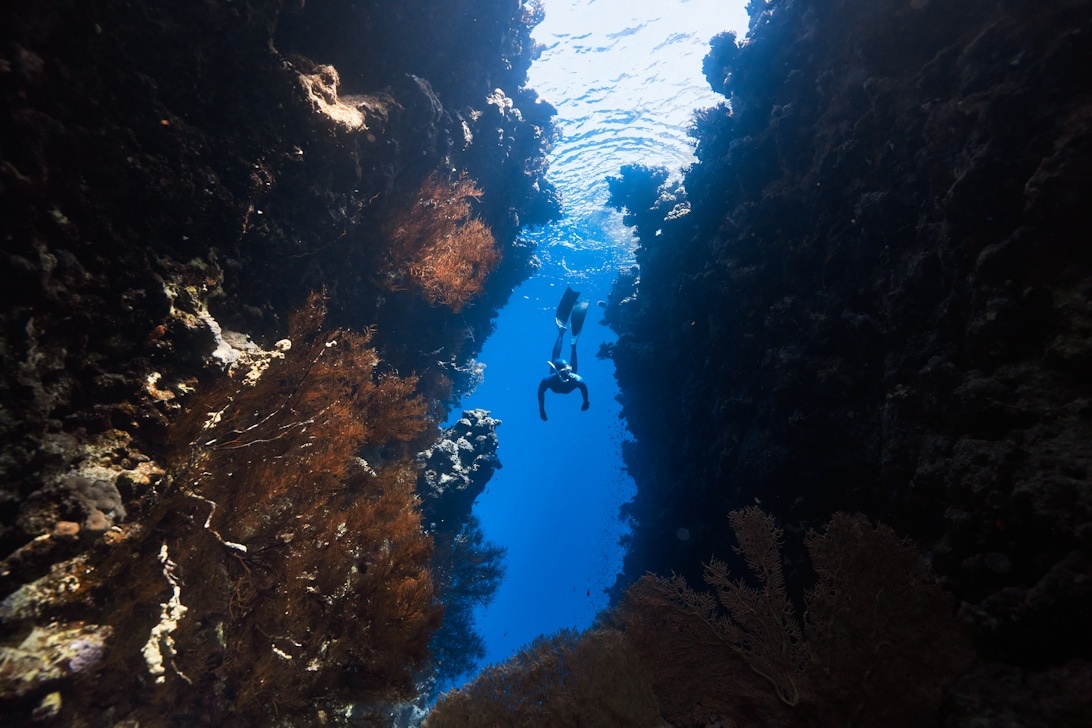
Nitrogen narcosis, often called “the rapture of the deep” or the “Martini effect,” is a reversible alteration in consciousness that can affect scuba divers at depth. It’s caused by the increased partial pressure of nitrogen and other inert gases in the breathing gas at high ambient pressure, as described by Dalton’s law. This phenomenon, which has similarities to intoxication, can significantly impair a diver’s judgment and reaction time, making it a critical safety consideration in all forms of diving, but especially in deep diving.
What is Nitrogen Narcosis?
The precise mechanism behind nitrogen narcosis isn’t fully understood, but the leading theory is that the increased partial pressure of nitrogen, and other inert gases, disrupts nerve cell function in the brain. As a diver breathes compressed air under pressure, the amount of nitrogen dissolved in body tissues, including the brain, increases, according to Henry’s law. This excess nitrogen is believed to interfere with signal transmission between nerve cells by affecting the synaptic function, which is essential for communication between neurons. While the Meyer-Overton hypothesis, an older theory, suggested that narcosis occurs when gas penetrates nerve cell lipids and mechanically disrupts signal transmission, modern research points towards the involvement of specific chemically-controlled receptors in the nerve cells. Recent studies also explore using methods such as quantitative electroencephalogram (qEEG), to measure the changes in the brain’s electrical activity.
Symptoms and Progression
The symptoms of nitrogen narcosis can vary greatly between individuals and even from one dive to another for the same person. While some divers report the first symptoms around 30 meters, others may experience effects at shallower depths, even as shallow as 10 meters (source). The progression of symptoms can be subtle and insidious. Here’s a breakdown of common symptoms:
- Mild (Initial) Symptoms: Euphoria, reduced anxiety, impaired judgment, and a false sense of security.
- Moderate Symptoms: Confusion, disorientation, impaired coordination, slowed reaction time, and difficulty concentrating.
- Severe Symptoms: Hallucinations, stupor, and, in extreme cases (typically around 100 meters when breathing air), loss of consciousness.
The Martini Effect
A commonly used analogy for the feeling of nitrogen narcosis is “Martini’s Law.” This rule of thumb suggests that the effect of narcosis is roughly equivalent to drinking one martini for every 10-15 meters below 20 meters of depth. While this analogy can help divers imagine the subjective feeling of increasing impairment, it’s crucial to understand that it’s a very rough approximation and should never be used for dive planning or to gauge actual impairment. Individual responses to narcosis vary significantly.
Mitigating the Risks of Nitrogen Narcosis
Individual Factors
Several factors can influence an individual’s susceptibility to nitrogen narcosis. These include:
- Depth: The primary factor; deeper dives increase the risk.
- Descent Rate: A rapid descent may exacerbate the effects.
- Cold Water: Cold temperatures can worsen symptoms.
- Fatigue: Being tired increases susceptibility.
- Anxiety: Pre-dive anxiety can amplify the effects.
- Elevated Carbon Dioxide Levels: Often due to exertion or improper breathing techniques.
- Alcohol or Drugs: Consumption of alcohol or certain medications before diving significantly increases the risk and severity of narcosis.
Prevention and Management
The most effective way to prevent nitrogen narcosis is to limit dive depth. Most recreational diving organizations recommend a maximum depth limit of 40 meters for air diving, primarily due to the increasing risk of narcosis. For dives beyond this limit, alternative breathing gases are necessary. If symptoms of narcosis occur, the immediate and most effective action is to ascend to a shallower depth. Even ascending just a few meters can significantly reduce or eliminate the symptoms. Because verbal communication is impossible underwater, divers must be well-trained to recognize the signs of narcosis, both in themselves and in their dive buddies, and to communicate effectively using pre-arranged hand signals or slates. Regularly assessing a buddy’s condition through simple questions or cognitive tasks (like basic math problems) is crucial. Slowed responses or incorrect answers can be early indicators of narcosis.
Advanced Techniques: Gas Mixtures
For deeper dives, technical divers commonly use specialized breathing mixtures such as trimix (oxygen, nitrogen, and helium) or heliox (oxygen and helium). These mixtures reduce the partial pressure of nitrogen by replacing a portion of it with helium, which has a substantially lower narcotic potential. This allows divers to explore greater depths while maintaining better mental clarity. The effectiveness of different gas mixtures is often compared using the concept of “Equivalent Narcotic Depth” (END).
Equivalent Narcotic Depth (END)
END is a way to express the narcotic effect of a given breathing gas mixture (like trimix) as the equivalent depth at which air would produce the same level of narcosis. For example, if a trimix blend has an END of 30 meters at a depth of 60 meters, it means the diver should experience a level of narcosis similar to breathing air at 30 meters. This helps divers plan their gas mixtures to manage the risk of narcosis at specific depths.
Lasting Effects and Continued Research
Traditionally, it was believed that the effects of nitrogen narcosis dissipate immediately upon ascent. However, recent research suggests that narcotic effects can persist for some time after surfacing, potentially affecting a diver’s cognitive function and reaction time. This highlights the importance of conservative dive planning and post-dive monitoring. Ongoing research continues to refine our understanding of gas narcosis. As mentioned, newer neurophysiological measurement methods, such as qEEG, are being used to detect and quantify the subtle effects of narcosis, even at depths commonly encountered in recreational diving (source). This research aims to provide a more comprehensive understanding of how different gases affect the brain under pressure and to develop better strategies for mitigating the risks.
Diving Responsibly
Nitrogen narcosis, “the rapture of the deep,” is a significant physiological challenge in deep diving. It’s a fascinating yet potentially dangerous phenomenon that all divers must respect. By understanding the causes, recognizing the symptoms, and being aware of the factors that increase susceptibility, divers can take proactive steps to minimize their risk. These steps include taking advanced diver training courses specializing in deep diving and gas mixes, practicing narcosis recognition drills with buddies, always diving with a buddy and maintaining open communication, and, most importantly, adhering to conservative dive plans and depth limits. Choosing alternative gas mixtures for deeper dives is another key factor in responsible diving. Ultimately, responsible diving practices, ongoing education, and a commitment to safety are essential for managing the risks of nitrogen narcosis and enjoying the underwater world.
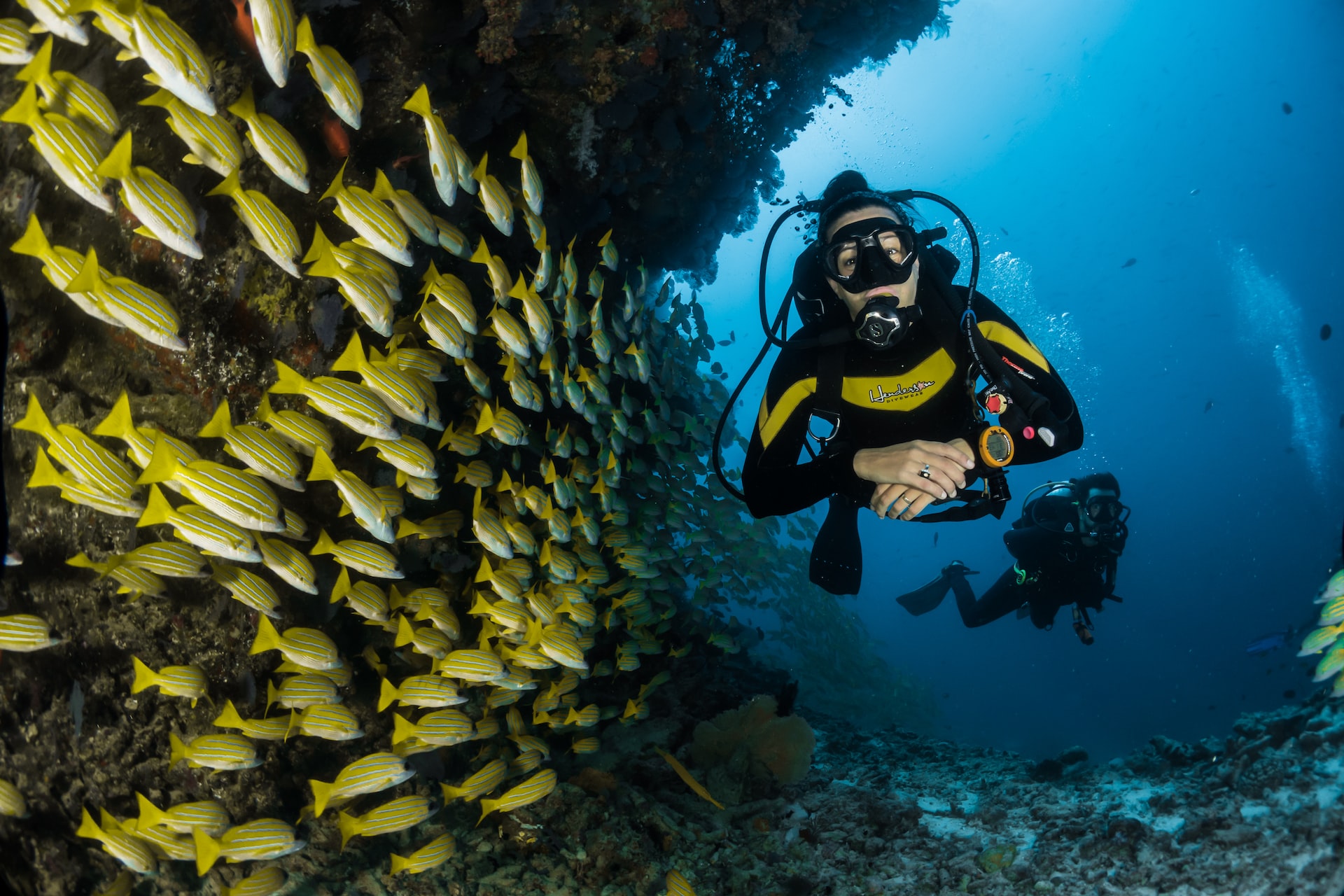
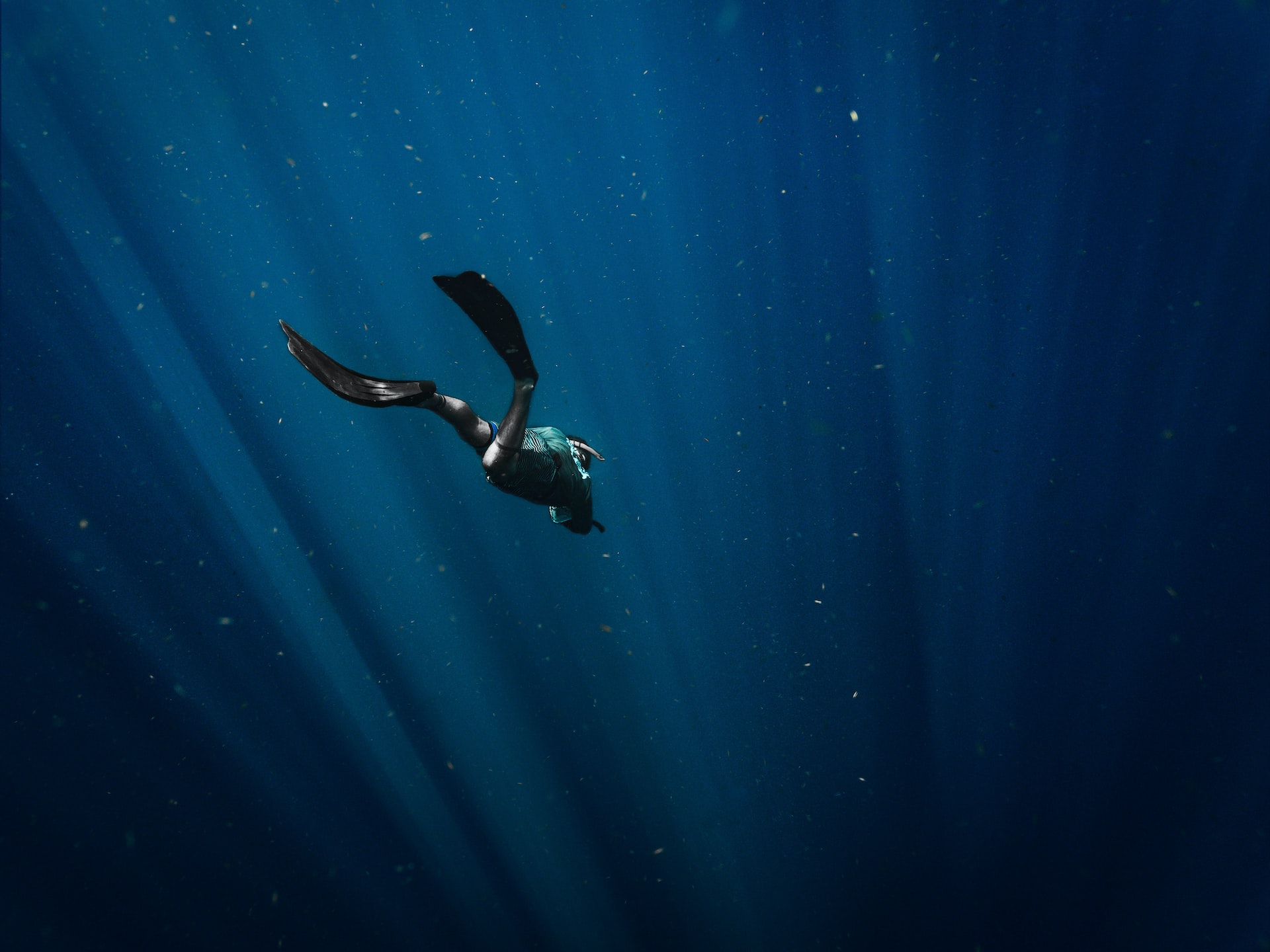 r breathing is slow and steady so that your diving tank has more time before running out.
r breathing is slow and steady so that your diving tank has more time before running out.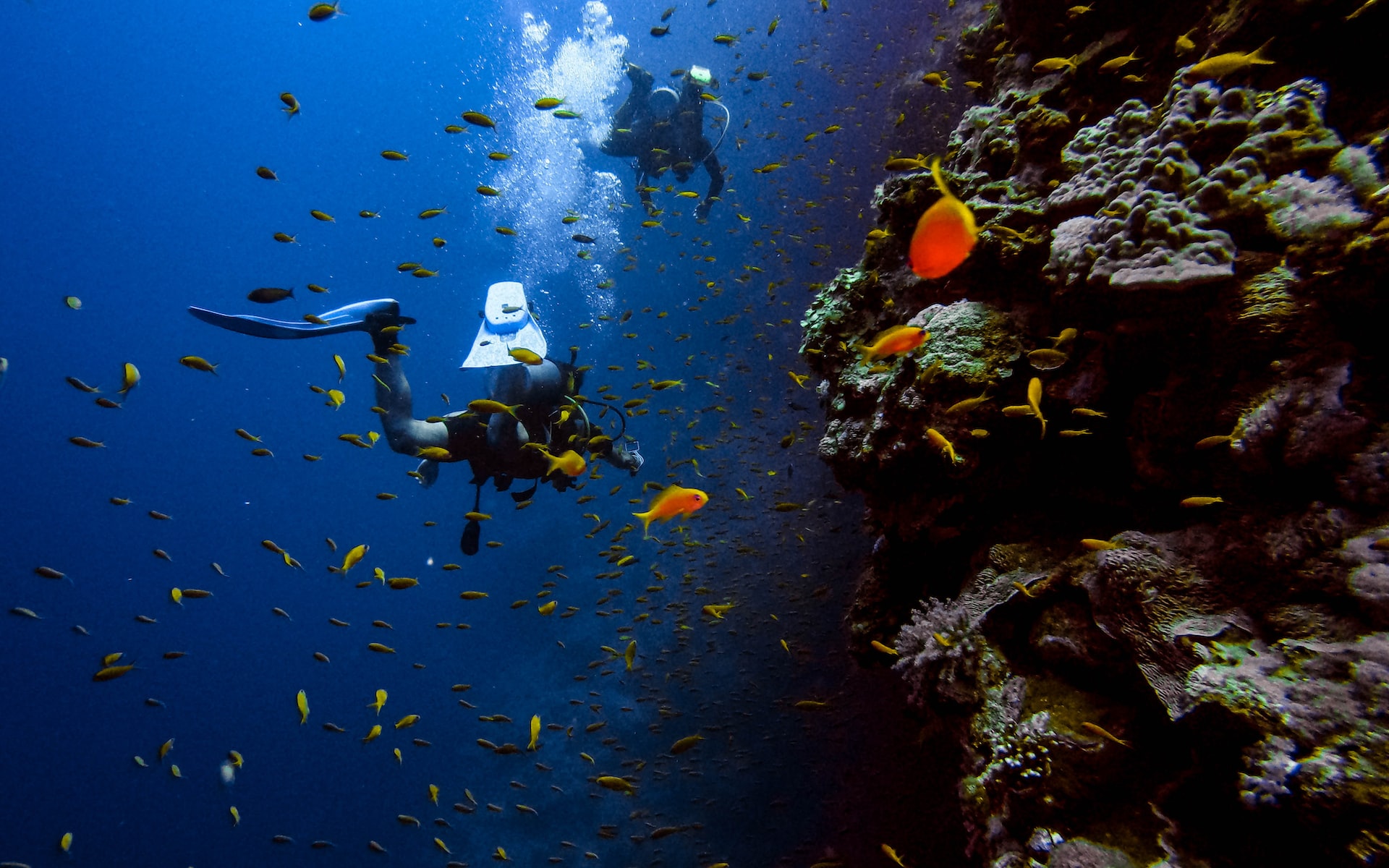
 can be attached to your BCD (buoyancy control device) or wrist, and it points in the direction you are facing so that you
can be attached to your BCD (buoyancy control device) or wrist, and it points in the direction you are facing so that you 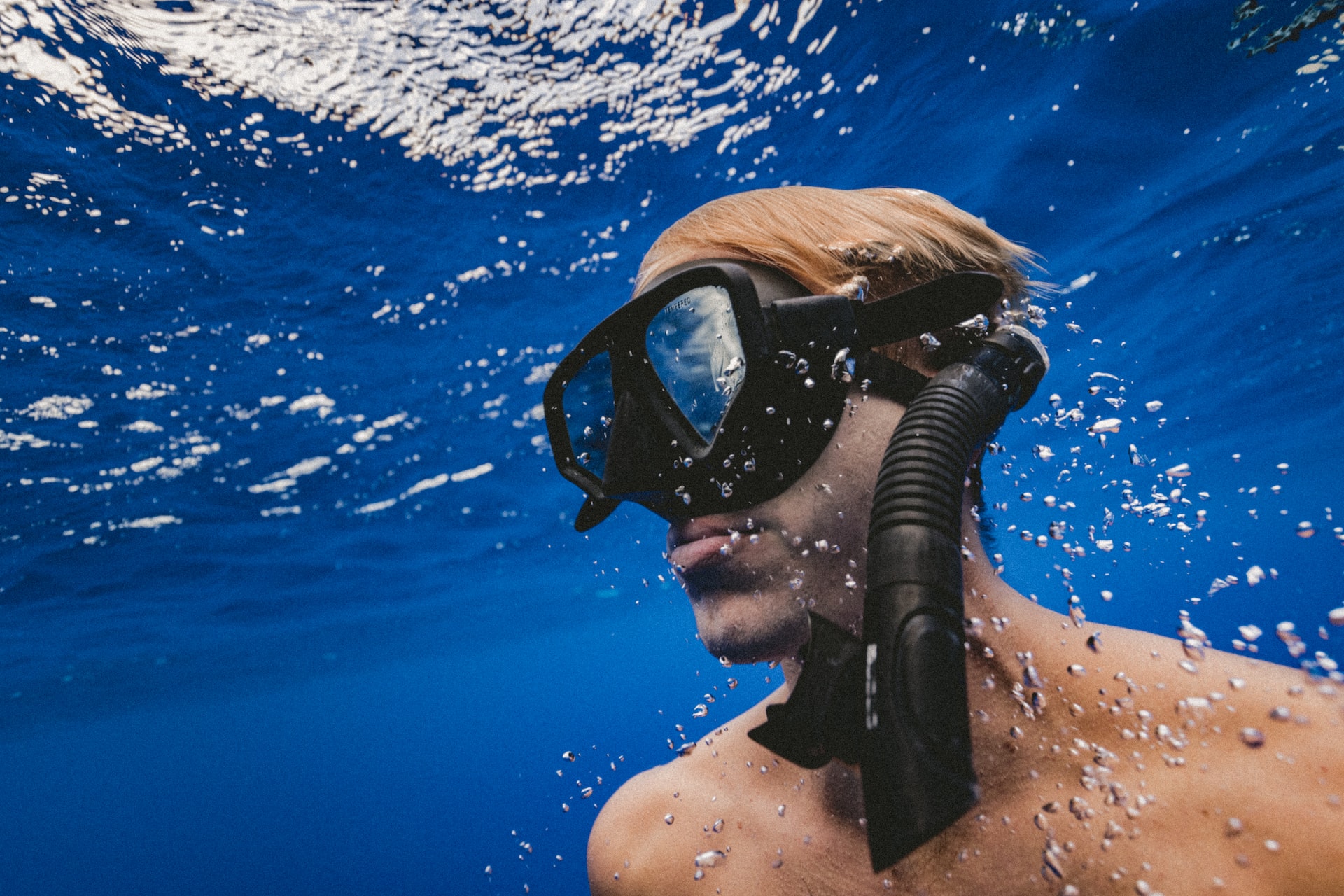
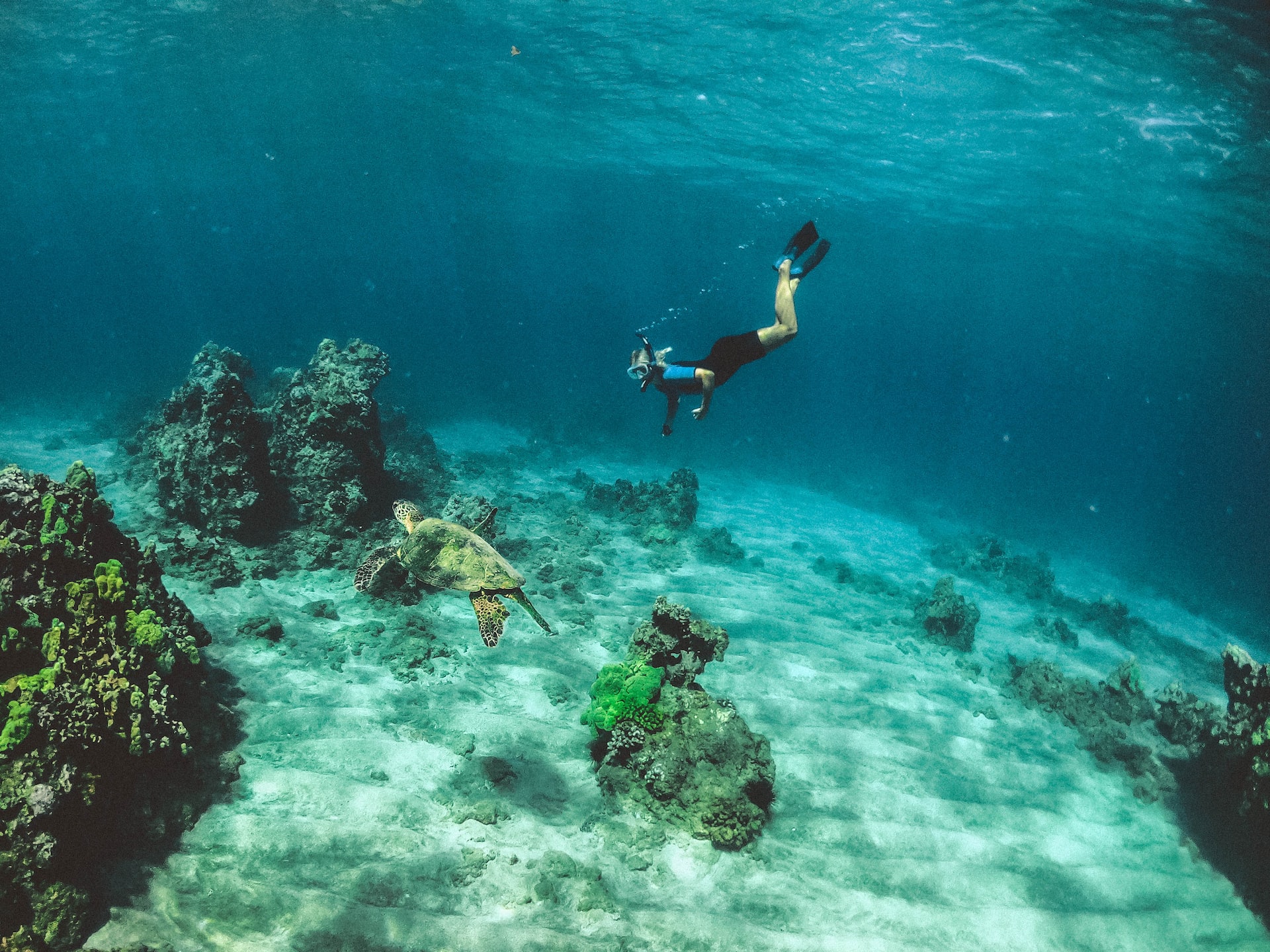 our chances of vertigo. For example, if you wear a low-volume, frameless mask with no skirt to keep it sealed against your face, vertigo is possible because there is less airspace between the water and your eardrums.
our chances of vertigo. For example, if you wear a low-volume, frameless mask with no skirt to keep it sealed against your face, vertigo is possible because there is less airspace between the water and your eardrums.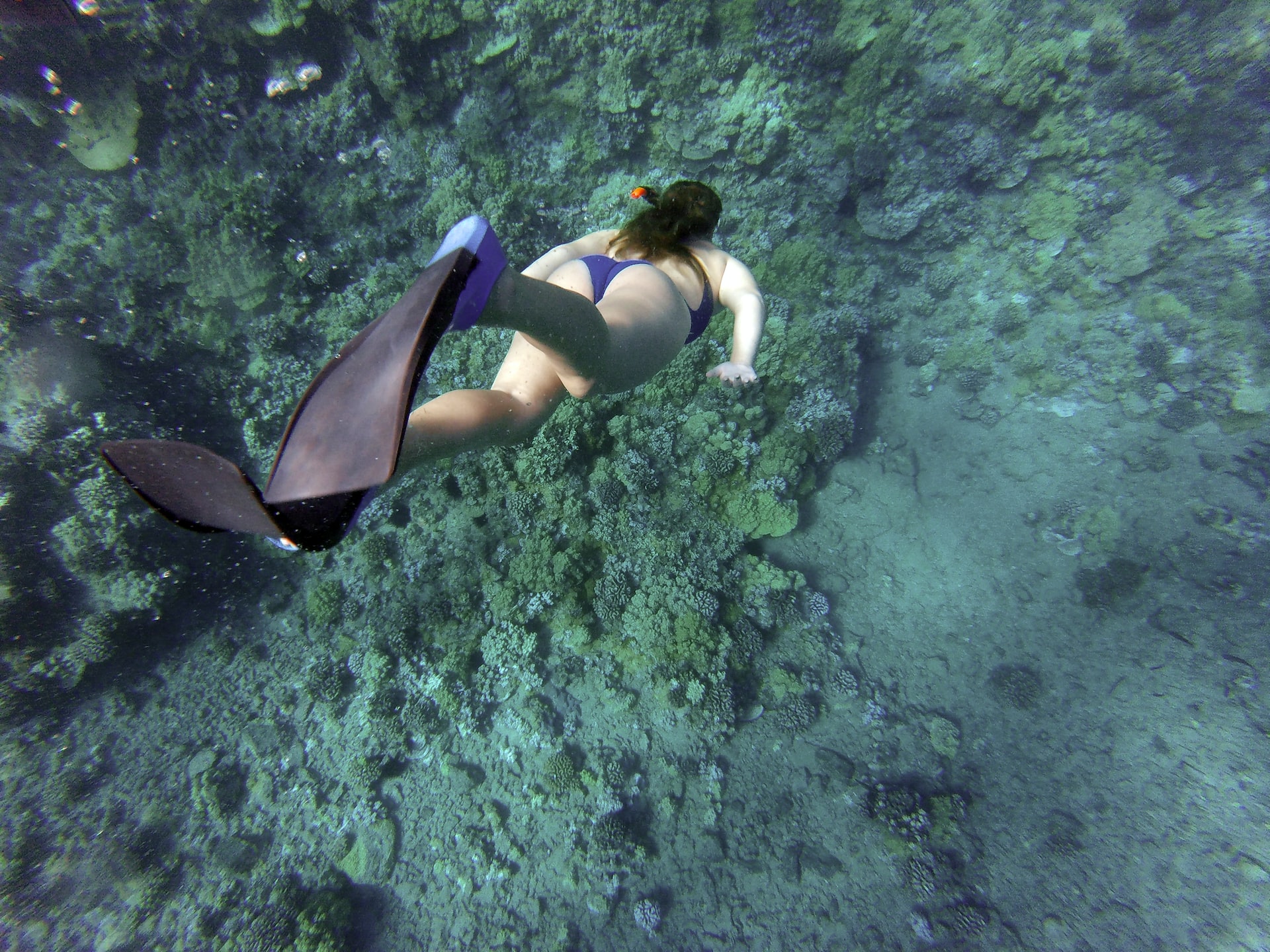

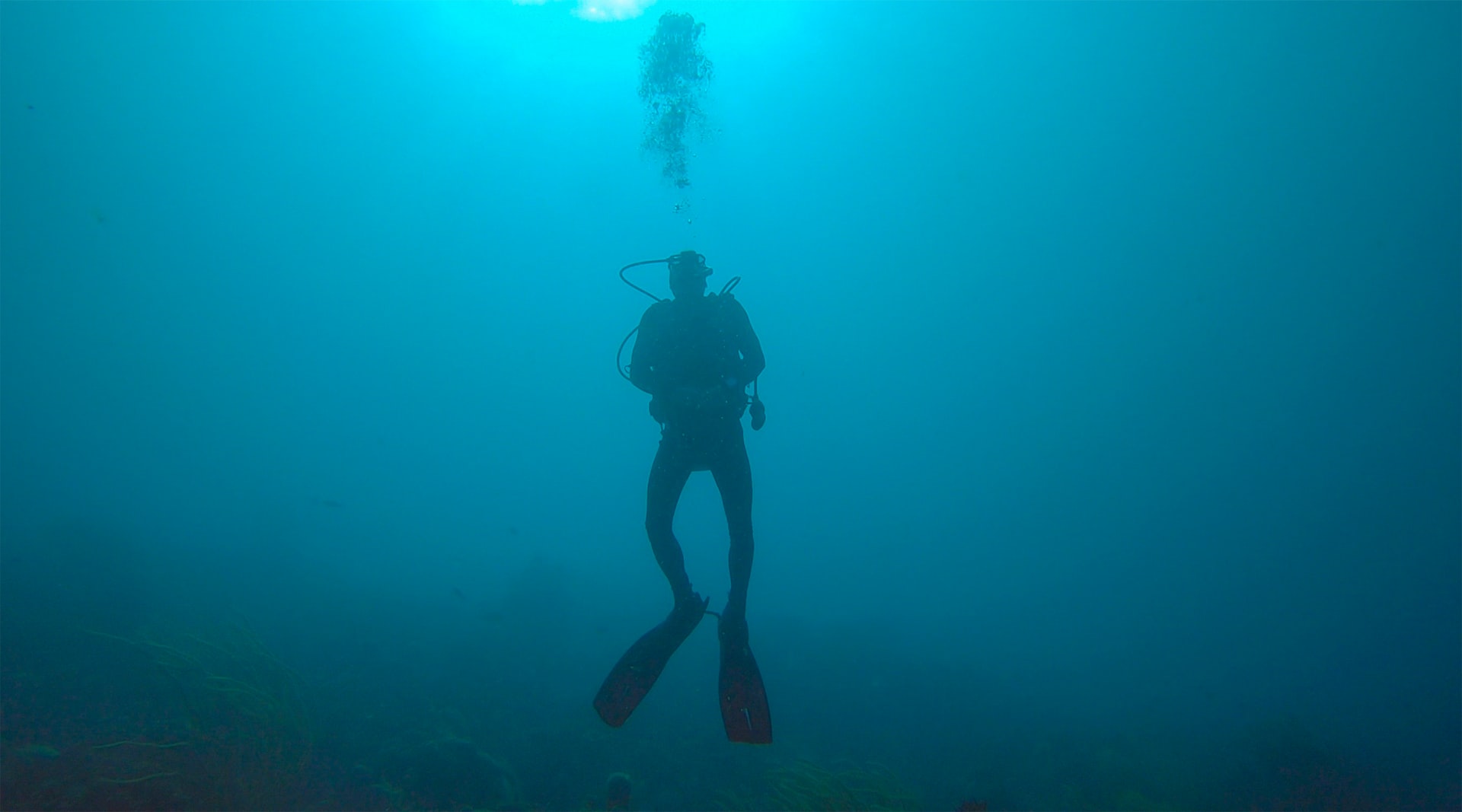
 d to know what they’re doing, and diving experience indicates that they have been diving long enough to be good instructors.
d to know what they’re doing, and diving experience indicates that they have been diving long enough to be good instructors.